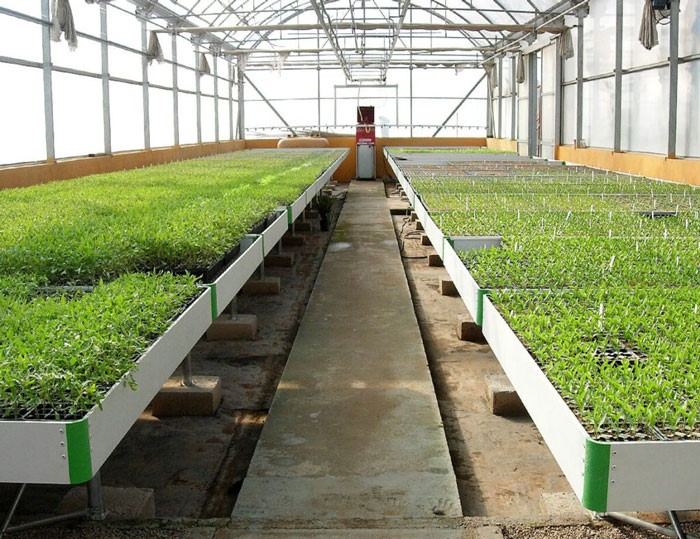Procurement services play a very important role in consulting and implementing turnkey projects (EPC). This service is related to the provision of equipment, materials, services and resources needed for the project. Procurement is a multifaceted process that includes requirements analysis, market research, supplier selection, negotiation and contracting, delivery and quality control of materials and services, and supplier relationship management to project completion. Procurement services play a key role in the success of EPC projects. Through the provision of optimal and quality resources and equipment, accurate scheduling and cost control, this service helps project managers to complete the project with high quality, on time and with controlled costs. Due to the importance of procurement services, consultants and expert teams in this field ensure the optimization of procurement processes and the selection of appropriate sources and suppliers in EPC projects.
How many stages does the procurement service include?
This question is one of the most common questions asked by many people till date. It is worth mentioning that the procurement service consists of 5 stages, which we will introduce to you in the following section and we will examine each one separately.
Requirements analysis
At this stage, project requirements are identified and determined. This includes the equipment, materials, services and resources required for the project. These requirements are determined based on technical specifications and project goals.
Market search and supplier selection
At this stage, different types of markets and different suppliers are examined. The selection of suitable suppliers is based on quality, price, timing and supply capability.

Negotiation and contract
After selecting the suppliers, the negotiation and contract phase begins. At this stage, the terms of the contract, terms of payment, responsibilities and other details of the contract are specified and the final agreement is made between the parties.
Delivery and quality control
After signing the contract, the delivery and quality control phase begins. At this stage, the supplied materials and equipment are reviewed and evaluated to ensure that they are compatible with the specifications and standards required by the project.
Managing relationships with suppliers
During the project, managing relationships with suppliers is also very important. This includes constant communication with suppliers, troubleshooting and managing changes during the project.
Keep this point in mind, using professional approaches in procurement management and performing these steps accurately and efficiently will have a significant impact on the success of EPC projects.

Conclusion
In this article, we discussed the issue of procurement service in turnkey projects (EPC). Procurement services are very important because they affect the supply of resources needed by the project and the control of costs, schedule and quality of execution. Surely, by reading the contents of this article, you have realized that the procurement process includes steps such as requirements analysis, market search, supplier selection, negotiation and contract, delivery and quality control, and supplier relationship management. Carrying out these steps accurately and efficiently will help project managers to complete the project with high quality, on time and with controlled costs. Finally, we hope that the contents of this article have been able to provide you with sufficient information about procurement.

